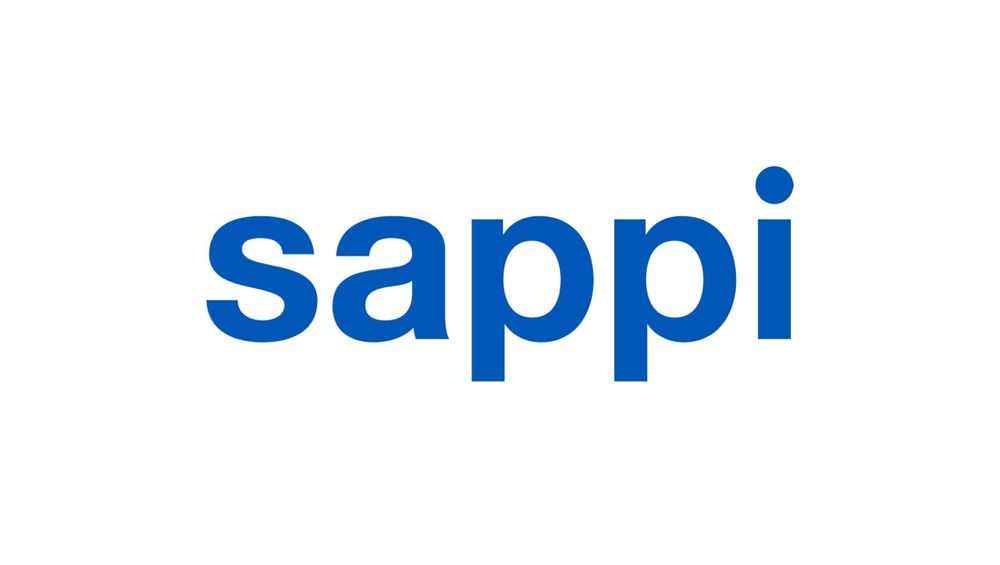Sappi's Laura Thompson Breaks Down the Three Elements of Sustainability: Environmental, Social and Economic Responsibility. Read her Letter here.
Defining Sustainable Development

All too often I hear the word “sustainability” used loosely to represent environmental performance. It bothers me because I believe it is important for people to recognize all three elements of sustainability: environmental, social and economic responsibility. At Sappi we constantly strive to balance these issues while juggling near- and long-term business strategies. When projects come together that have benefits across all three aspects, we know we’re on the right track.
Throughout this report we’ve captured many highlights from 2013—celebrating successful investments in each of our three business units. As an engineer at a manufacturing company, it is always exciting to see investments in new technology. For many of my coworkers, the thrill of papermaking is about making top quality products as fast and efficiently as possible. At our core, we’re a company of people that like to make stuff better than our competitors. So it’s been quite a year—breaking numerous production records, installing new equipment at each of the mills and doing so with the best safety record ever.
For me personally, there is one project from 2013 that stands out as a major sustainability success story—the installation of the natural gas pipeline in Southern Maine. By agreeing to become the anchor tenant at our Somerset mill, we had to make a major financial commitment for a long-term gas contract. We are also committing to additional multimillion dollar capital projects to be able to fully utilize the gas. Indeed, there is clear financial return expected as a result of these investments. And there are also significant environmental and societal benefits.
By replacing #6 fuel oil with natural gas, our greenhouse gas emissions will be further reduced. On top of the clear benefits to the mill and the environment, there are substantial benefits to the local community. Maine has long suffered from a lack of natural gas infrastructure. Recent census data shows that only 4 percent of homes are heated with natural gas (compared to a national average of 51 percent). The vast majority of Maine residents (80 percent) use fuel oil while others must rely on electricity. As a result of the natural gas project, 17 southern Maine communities will have access to natural gas for cooking and home heating.
In looking ahead, I am confident that Sappi will continue to add value for our shareholders and for our customers. We will continue to make advancements in our environmental performance, creating less waste and further reducing impact on air and water quality. We will find ways to make more with less. And we’ll continue to create mutual benefits to society; from individual outreach projects like recycling demonstrations at local schools, to the creation of recreational access along the Presumpscot River, to projects on the scale of a new pulp mill or the natural gas line—our company is making a difference within our local communities. Uniting the three pillars of sustainability: our people, our planet and prosperity. That is sustainable development. That is why I am proud to work for Sappi.
Laura M. Thompson, PhD
Director, Technical Marketing & Sustainable Development
Read the full SFPNA Sustainability Report 2013 by downloading an online PDF version directly from our website here or for more on sustainability, check out our eQ microsite at: http://www.na.sappi.com/eQ/index.html

